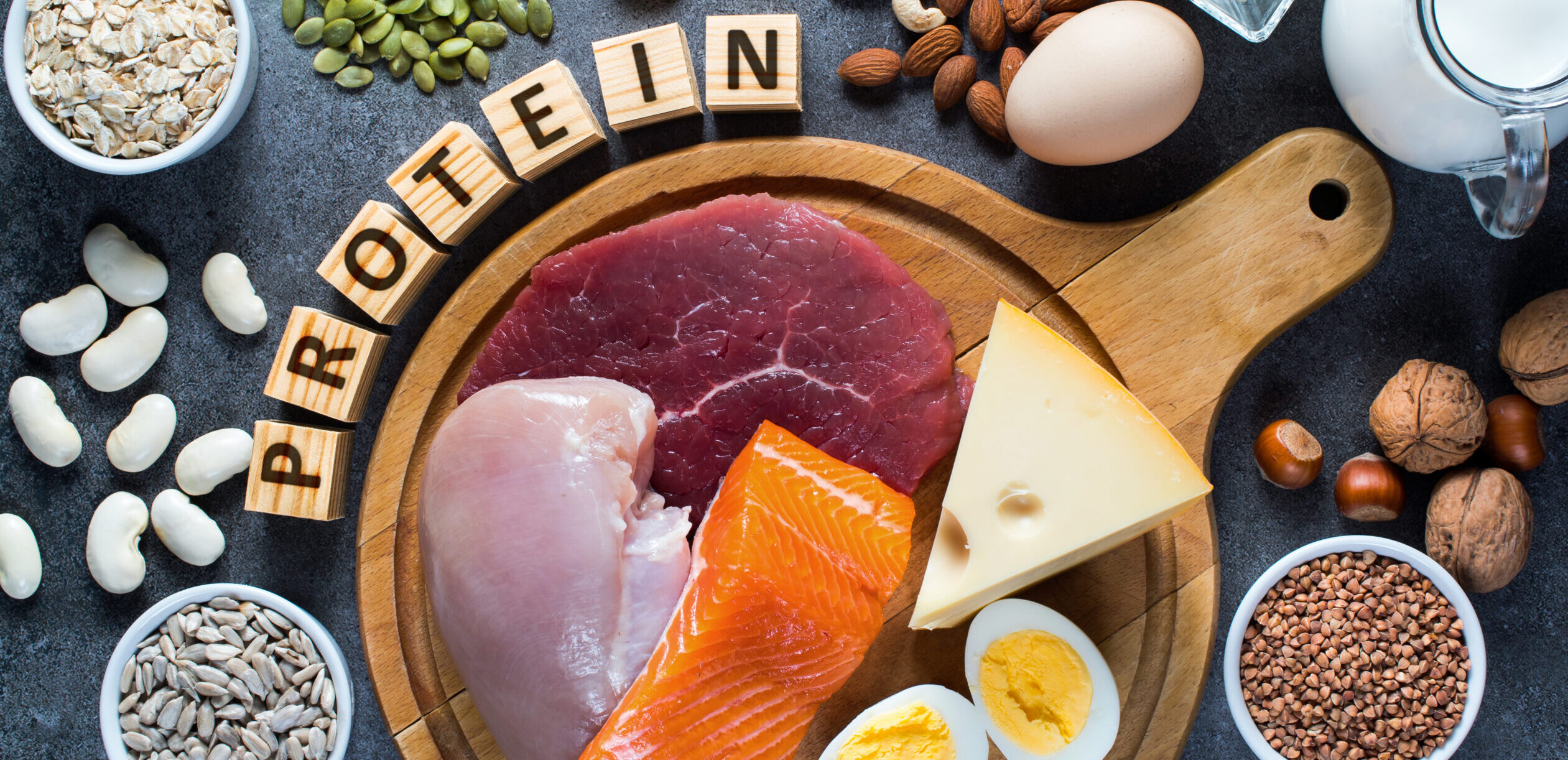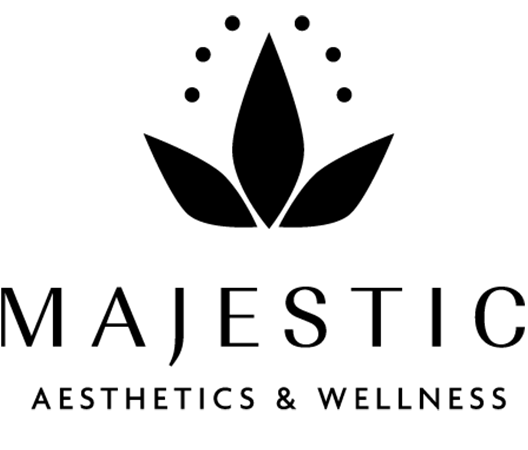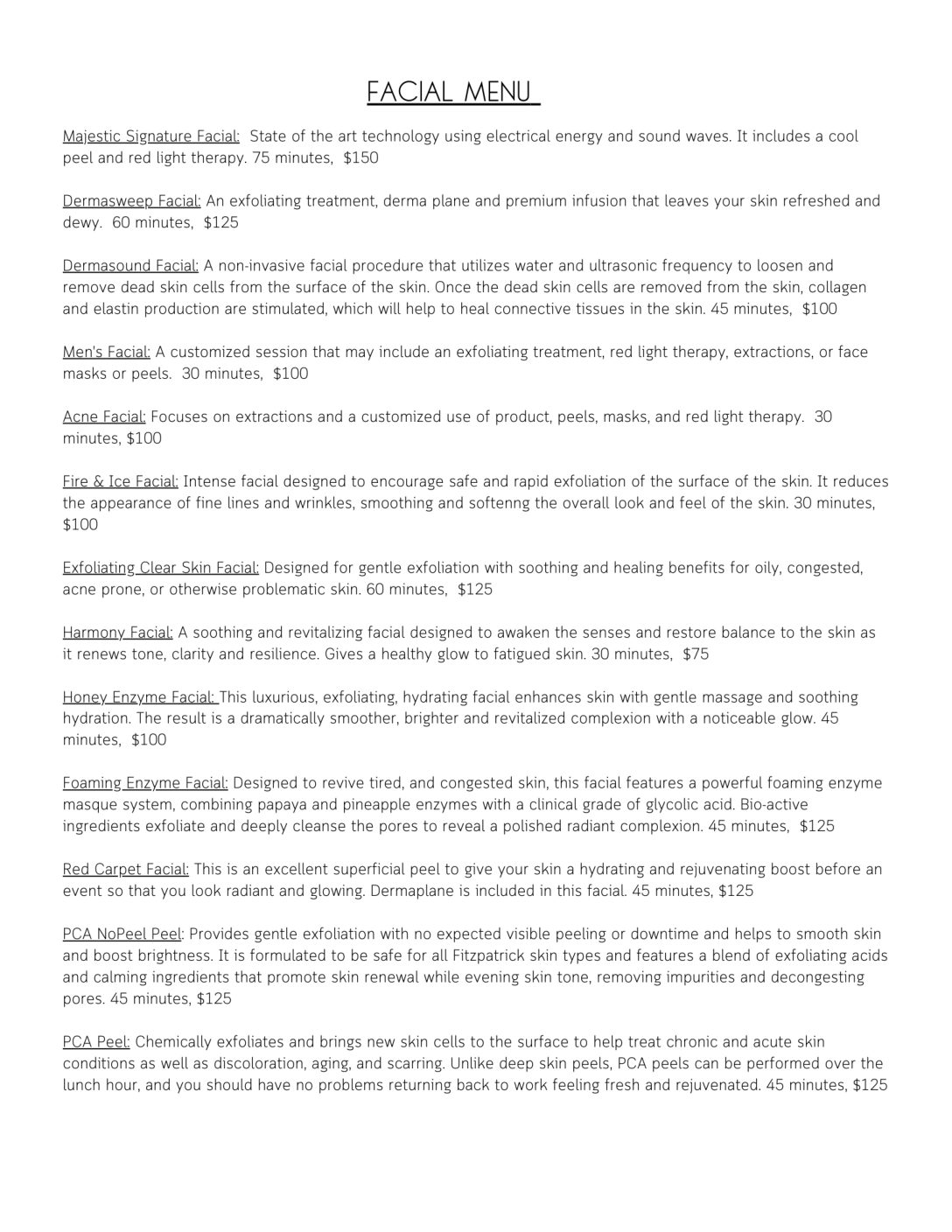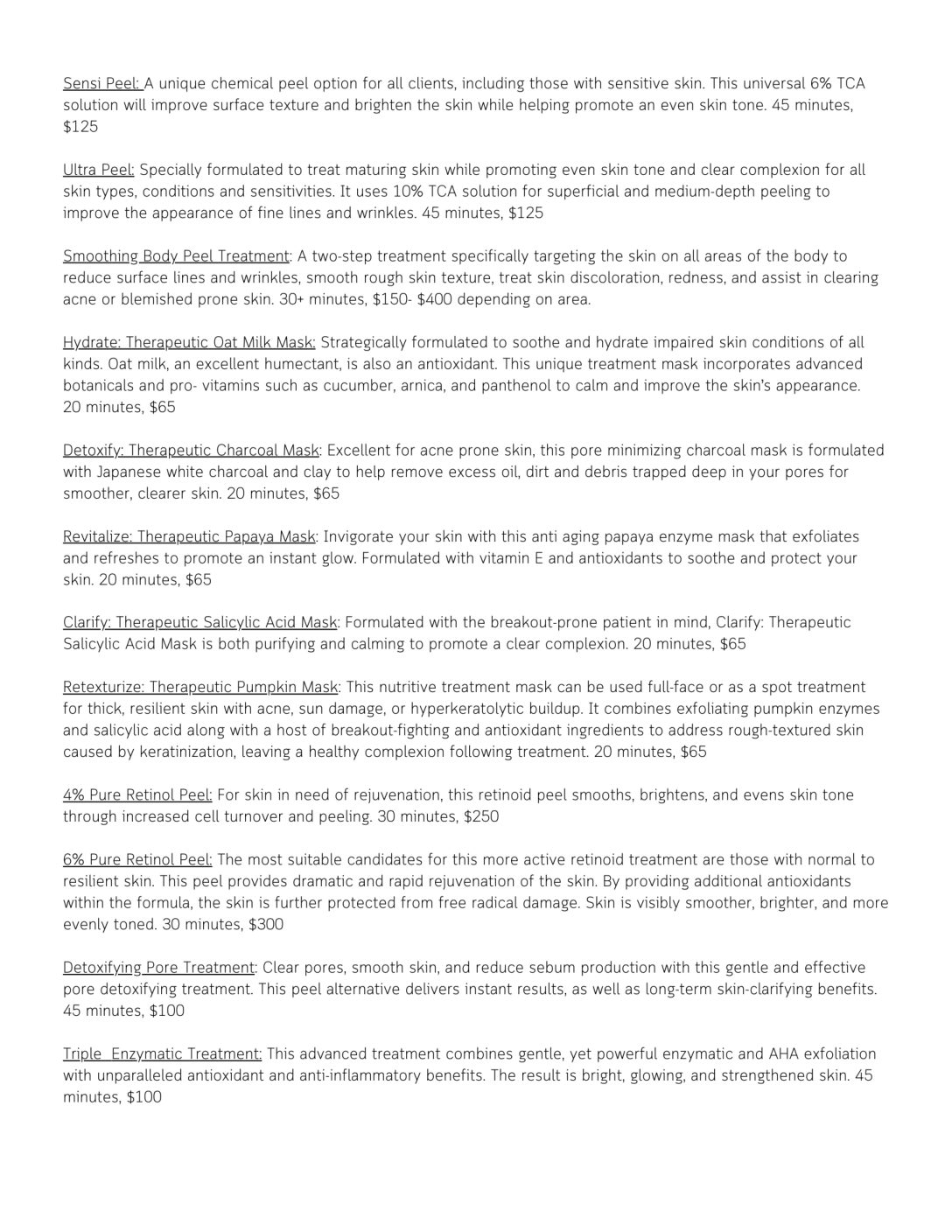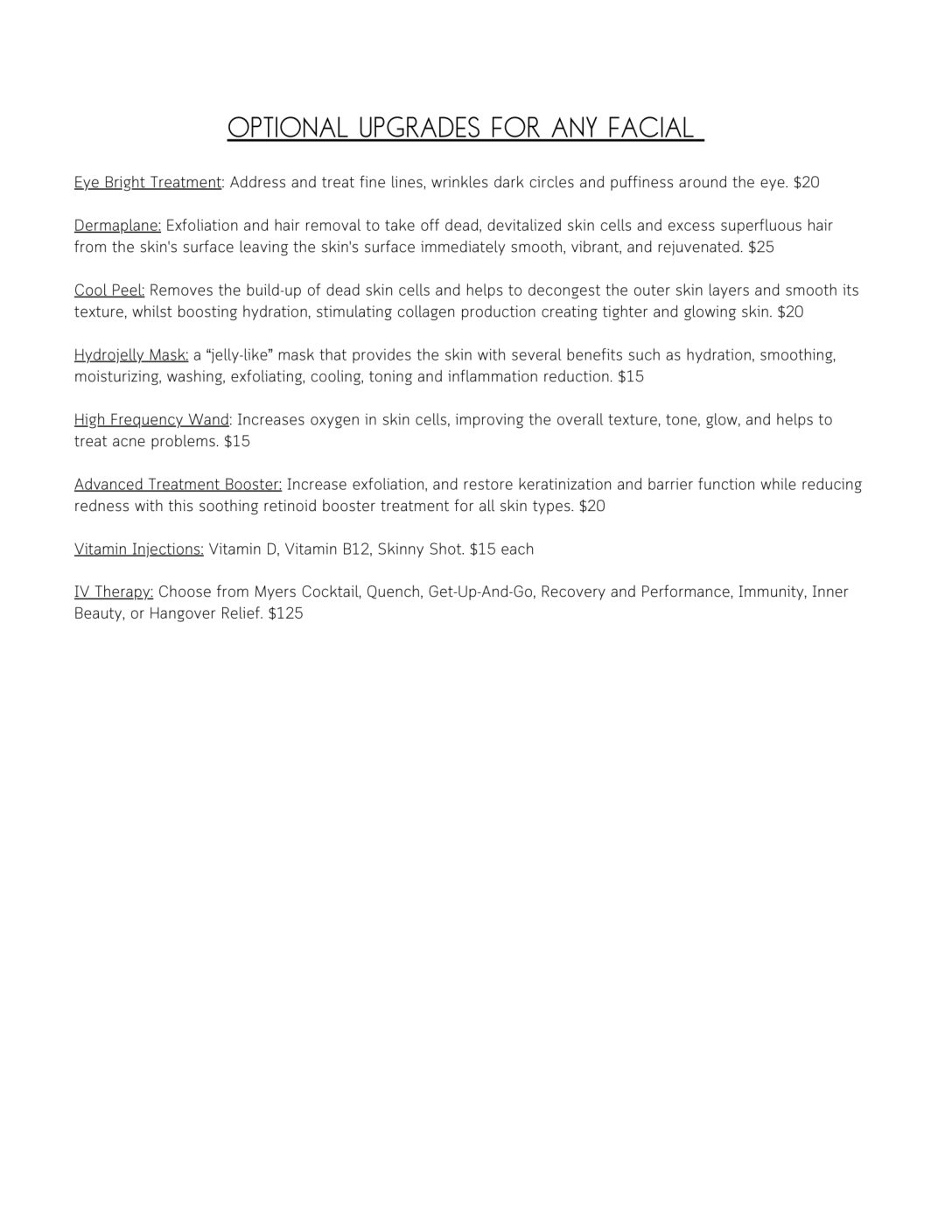Looking to improve your health and wellbeing? This one’s for you!
Today, we’re focusing on a vital macronutrient that fuels our bodies and supports overall health: Protein. But before we dive into this topic, let’s take a moment to clarify what proteins are.
Protein: The Building Block of Life
Protein is more than just a dietary component—it’s a fundamental building block of life. Proteins are large, complex molecules composed of amino acids, which are often referred to as the “building blocks” of protein. They play various critical roles in the body, from providing structural support to cells to acting as antibodies that help fight off infections.
There are 20 different types of amino acids that can form a protein. Nine of these amino acids are considered “essential,” meaning they must be obtained from our diet because our bodies cannot produce them. Foods that contain all nine essential amino acids, such as meat, dairy, and eggs, are called “complete” proteins.
The Biological Importance of Protein
Protein is involved in virtually every bodily function. Beyond muscle repair and growth, proteins are crucial for hormone production, enzyme formation, immune function, and the maintenance and repair of body tissues. They’re even involved in the transportation of molecules, such as oxygen, throughout the body.
Recommended Dietary Allowance (RDA) for Protein
The RDA for protein, as established by the National Academy of Medicine, is 46 grams per day for women and 56 grams per day for men. These values are based on an average sedentary adult to prevent deficiency, but protein needs can vary greatly depending on factors like age, activity level, overall health status, and specific life stages such as pregnancy.
For instance, athletes or those regularly participating in intense physical activity may require more protein—ranging from 1.2 to 2.0 grams per kilogram of body weight per day—to support muscle repair and growth. Older adults, due to the natural progression of age-related muscle loss (sarcopenia), may also benefit from higher protein intake to preserve muscle mass and strength.
Sources of Quality Protein
The protein quality you consume is just as important as the quantity. Animal sources such as lean meats (chicken, turkey), fish, eggs, and dairy are complete proteins. However, a balanced diet can provide all essential amino acids even for those following a plant-based or vegan diet. Soy products (tofu, tempeh, edamame), quinoa, and a combination of various plant foods like beans and whole grains can provide complete proteins.
Additionally, protein supplements, including whey, casein, or plant-based proteins, can be beneficial if you struggle to meet your protein goals through diet alone, or require a convenient option post-workout. These should not replace whole food sources, but rather supplement them.
Protein’s Role in Muscle Health
Protein’s role in muscle health cannot be overstated. Consuming adequate protein, particularly after exercise, provides the amino acids your body needs to repair and build new muscle tissue, promoting muscle recovery and growth. Combined with resistance training, it can help counteract age-related muscle loss and maintain strength.
Protein is not merely a part of our diet—it’s a critical macronutrient that fuels our bodies, facilitates essential biological functions, and supports our overall health and wellbeing. Remember, balance and moderation are key, as a part of a varied, nutrient-rich diet.
Come join us at Majestic Aesthetics and Wellness where we support each other on our wellness journeys. Head over to our home page and discover more ways we can help you create a healthy lifestyle!


